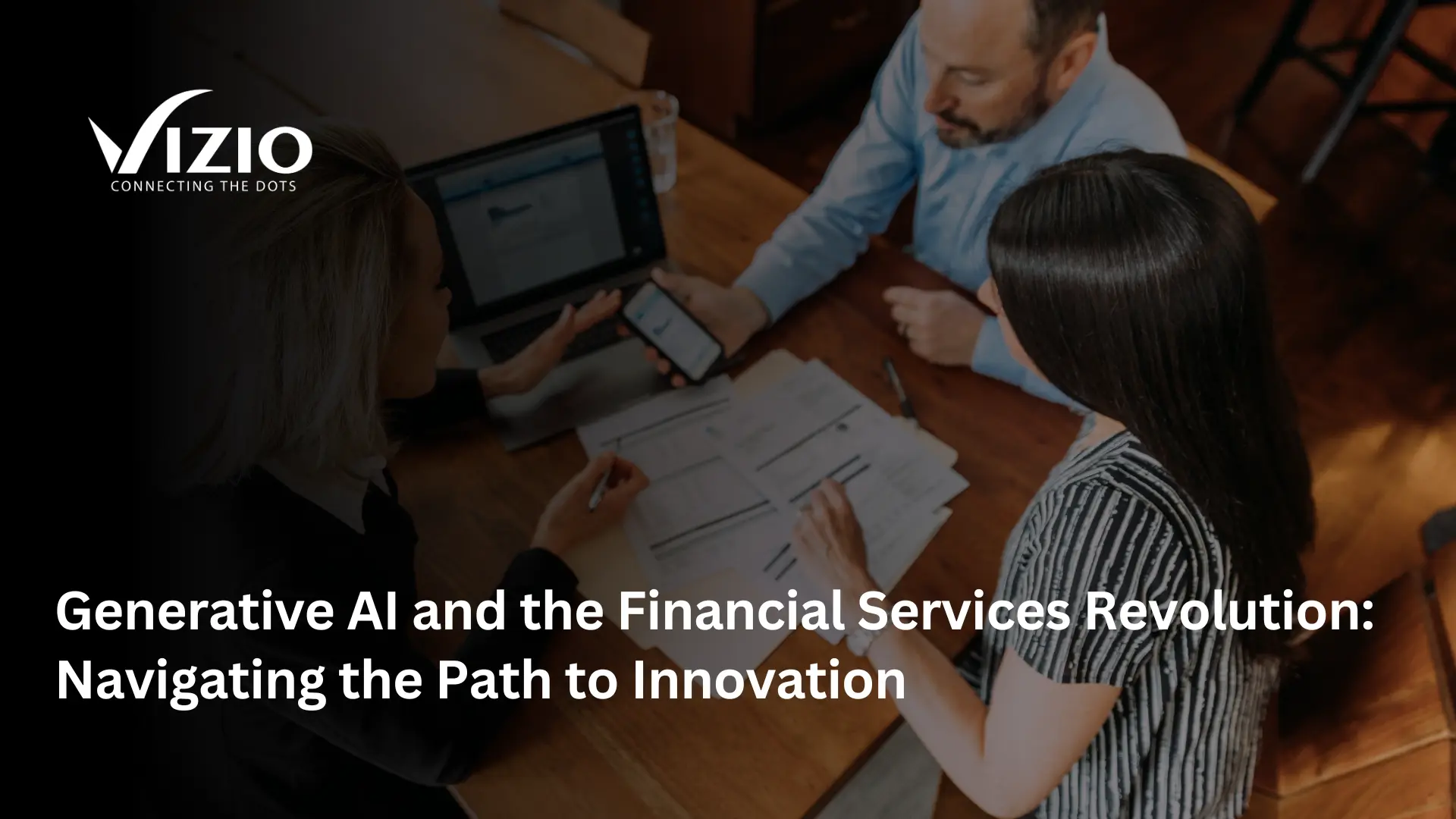GEN AI is spearheading a revolution in various industries, with the financial services sector being no exception. The advent of powerful tools like ChatGPT, Microsoft Copilot, Midjourney, Stable Diffusion, and others, have unlocked unimaginable possibilities in the space of barely 18 months. While the development of GenAI pilots is relatively straightforward, scaling them to production-ready implementations that face the customer presents a new set of hurdles for enterprises, especially within the financial services sector. This article delves into the potential impact of GenAI on financial services, the challenges related to the deployment of Language Learning Models (LLMs) in production, and the engineering and risk considerations that financial services companies need to address for successful GenAI implementation.
GenAI: A Revolutionary Catalyst in Financial Services
The financial services industry is an intense battlefield for businesses, and the quest for differentiators has led numerous companies to adopt GenAI. The promise of GenAI is immense, with the potential to generate enormous value and significantly reshape the landscape of financial services.
The Value Proposition of GenAI and Analytics
A recent study revealed that the annual value of AI and analytics for global banking could potentially hit a staggering $1 trillion. The evolution from analytical AI to generative AI has heralded a leap in the capacities of advanced analytics. GenAI is poised to deliver considerable incremental value, possibly leading to margin improvements of 3-5%. These productivity increases translate to an estimated worth of $200 billion – $340 billion.
In the financial services sector, GenAI can pave the way for:
- Enhanced personalization of customer experiences
- Accelerated innovation in products and services
- Streamlined operational processes
- Improved decision-making through data-driven insights
The Challenges of Deploying LLMs in Production
Despite the promising potential of GenAI, the transition from pilot applications to production-ready implementations presents significant challenges. The financial services industry, in particular, grapples with acute concerns around risk, compliance, data privacy, and escalating costs.
Risk and Compliance
Financial services companies operate in a highly regulated environment where compliance is paramount. Consequently, deploying GenAI tools like LLMs in production necessitates careful consideration of risk and compliance aspects. Companies must ensure that GenAI applications adhere to regulatory guidelines and do not compromise the security or privacy of customer data.
Data Privacy
Data privacy is another critical concern when scaling GenAI applications. Financial services companies handle vast volumes of sensitive customer data daily. Therefore, they must adopt robust data governance practices and establish stringent security measures to protect this data when deploying GenAI applications.
Escalating Costs
Scaling GenAI applications from pilots to production-ready implementations can lead to escalating costs. Companies must plan and manage their resources efficiently to prevent unnecessary expenditure and ensure that the benefits derived from GenAI applications outweigh the investment.
Engineering and Risk-Related Considerations for GenAI Implementation
Successfully implementing GenAI in the financial services landscape involves meticulous engineering and a meticulous approach to risk. Companies need to:
- Establish a comprehensive GenAI strategy
- Implement robust data governance and security practices
- Develop an efficient GenAI team comprising technology specialists and business leaders
- Create an AI factory for rapid and repeatable results
- Upskill their workforce for responsible AI usage
To leverage the full potential of GenAI, companies must focus on discipline, scale, and trust. They need to secure their environments, identify the right starting points, close technology, skills, and data gaps, and establish rigorous oversight that includes responsible AI practices.
The Future of Financial Services with GenAI
The rapid evolution of GenAI promises an exciting future for the financial services industry. With the right strategy and approach, companies can harness the power of GenAI to drive productivity, spur innovation, and gain a competitive edge. However, realizing this potential requires companies to navigate the challenges of risk, compliance, data privacy, and costs effectively. By focusing on trust, scale, and discipline, companies can successfully implement GenAI and transform their operations to deliver superior customer experiences and drive business growth.
Conclusion
As GenAI continues to evolve, its impact on the financial services industry will continue to grow. Companies that can successfully navigate the challenges of implementing GenAI will be well-positioned to reap its benefits and drive their business growth. The journey to GenAI implementation may be complex, but with the right strategy and approach, it promises to be a rewarding one.

